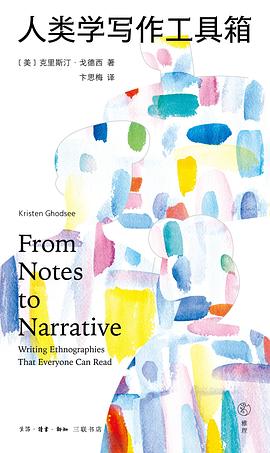
《人类学写作工具箱》内容简介
1957年,苏联发射人造卫星,并通过《国防教育法案》。美国政府认为,为了赢得冷战,需要支持学术生产。于是,在1957—1970年间,美国的大学和图书馆获得补贴,用于资助科研出版与购买学术书籍,市面上的纯粹学术图书随即指数增长。到了60年代末,政府对高等教育的支持减少了,学术专著轻易便可出版的日子一去不返;编辑开始考量作者写出动人文字的能力,这使后者比过去任何时候都需要训练写作。
然而,长期以来,社会科学家养成了花费数年时间掌握学科知识,却很少打磨交流所用语言的习惯;民族志为生活经验提供了一种记录方法,启发读者思考各种文化的独特之处,然而它的书写却充斥着新词和冗长的理论,枯燥乏味,过于专业。
在此,克里斯汀•戈德西将就如何书写人人可读的民族志提供循序渐进的指导,它们源自作者二十年的学术经历与田野经验;所有民族志作者甚至非虚构写作者都可以在其中发现有用的东西,无论他属于什么学科,或处于职业生涯的哪个阶段。
--
民族志记录普通人日常生活中的文化现象,但大多数人类学学者的著作却充斥着普通人无法理解的语言。越来越多的从业者和入门者在尝试书写民族志,针对如何写好它的训练却十分稀少,甚至没有。
《人类学写作工具箱》正好弥补了这方面的不足。克里斯汀•戈德西是一名优秀的民族志作者,曾获得美国人类学协会民族志小说奖、威廉•A.道格拉斯欧洲人类学最佳图书奖。她从二十多年的教学和研究经验中为我们提出并解决了民族志书写中的常见问题:从如何遣词造句到怎样结合理论与材料,从如何有效嵌入对话到怎样避免因过度引用与注解而分散读者的注意力等。她在书中旁征博引了大量具有示范意义的写作案例,并提供了一份涵盖近百本民族志杰作的书目。
作者简介
克里斯汀•戈德西美国宾夕法尼亚大学俄罗斯与东欧研究中心教授、主任,曾任鲍登学院性别、性与女性研究教授,人类学与文化研究古根海姆学者。著有《红河:黑海上的性别、旅游和后社会主义》《东欧穆斯林的生活》《妈妈教授:在学术界实现工作与家庭的平衡》(雅理/上海交通大学出版社),发表了诸多有关性别、市民社会和东欧国家的文章。
--
卞思梅奥斯陆大学社会人类学博士,四川大学国际关系学院、中国西部边疆安全与发展协同创新中心助理研究员,合译有《葛维汉在华西》《一本严格意义上的日记》等书。
An introduction to the Anthropological Writing Toolbox
In 1957, the Soviet Union launched Sputnik and passed the Defense Education Act. The US government believed that in order to win the Cold War, it needed to support academic production. As a result, between 1957 and 1970, American universities and libraries received subsidies to finance research publications and the purchase of academic books, and the number of purely academic books on the market grew exponentially. By the end of the 1960s, government support for higher education had waned, and the days of easily published academic monographs were over; Editors began to consider the ability of writers to write moving words, which made the latter need to train their writing more than ever before.
Social scientists, however, have long developed a habit of spending years acquiring subject knowledge but rarely honing the language in which they communicate; Ethnography provides a way to record lived experiences and to inspire readers to think about the peculiarities of various cultures, yet its writing is boring and too technical, full of new words and lengthy theories.
Here, Christine Godsey offers step-by-step instructions on how to write a readable ethnography, drawn from two decades of academic and field experience; All ethnographers and even non-fiction writers can find something useful in it, no matter what discipline they belong to or what stage of their career they are at.
--
Ethnography records cultural phenomena in the daily lives of ordinary people, but the writings of most anthropologists are filled with language that ordinary people cannot understand. More and more practitioners and beginners are trying to write ethnographies, but there is little or no training in how to do it well.
The Anthropological Writing Toolbox fills this gap. Christine Godsey is an excellent ethnographer, winner of the American Anthropological Association Award for Ethnographic Fiction and the William A. Douglas Prize for Best Book in European Anthropology. From more than 20 years of teaching and research experience, she has asked and solved common problems in ethnographic writing: from how to construct words and sentences to how to combine theory and material, from how to embed dialogue effectively to how to avoid distracting readers with excessive quotes and notes. In the book, she quotes a large number of exemplary writing cases, and provides a bibliography covering nearly 100 national masterpieces.
About the author
Christine Godsey is Professor and Director of the Center for Russian and Eastern European Studies at the University of Pennsylvania. She is a former Professor of Gender, Sexuality, and Women's Studies at Bowdoin College and a Guggenheim Scholar in Anthropology and Cultural Studies. He is the author of Red River: Gender, Tourism, and Post-Socialism on the Black Sea, Muslim Life in Eastern Europe, and Professor Mom: Achieving Work-Family Balance in Academia (Ali/Shanghai Jiao Tong University Press), and has published numerous articles on gender, civil society, and Eastern European countries.
--
Bian Simei, Ph.D., Social Anthropology, University of Oslo, Assistant researcher, School of International Relations, Sichuan University, China Western Border Security and Development Collaborative Innovation Center, co-translated Ge Weihan in West China, A Strict Diary and other books.
 热门标签
热门标签
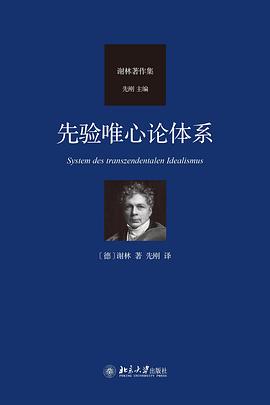
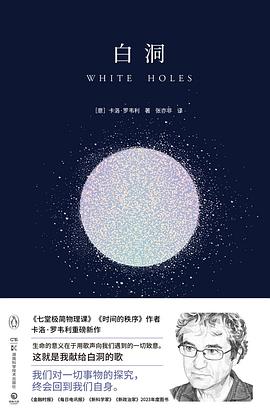
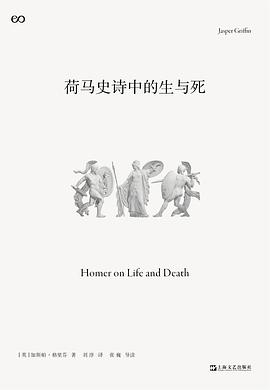
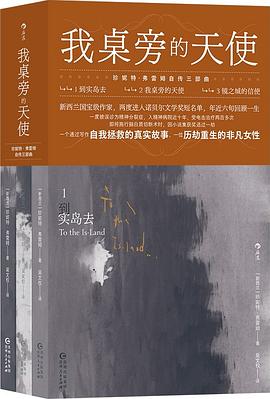
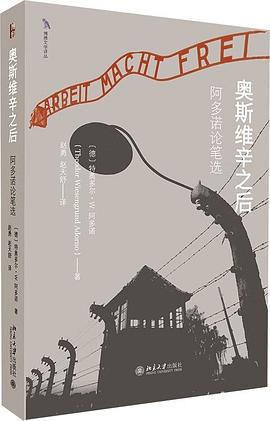
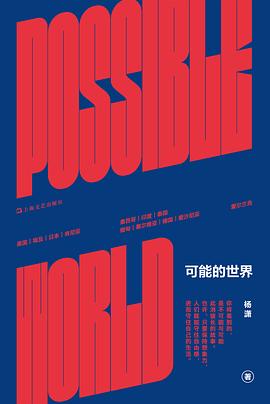
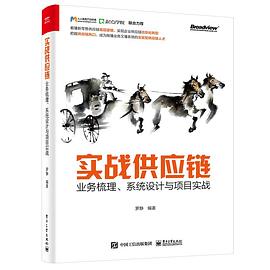
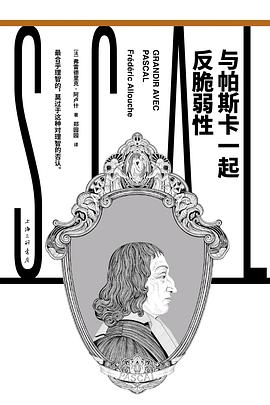
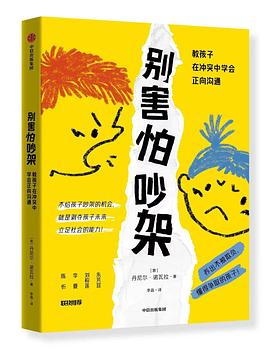
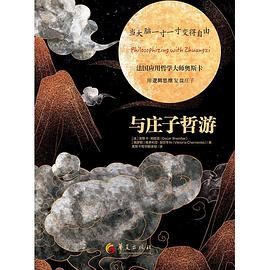

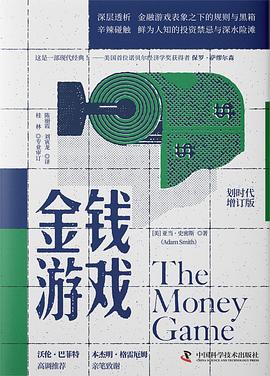
 书单推荐
书单推荐